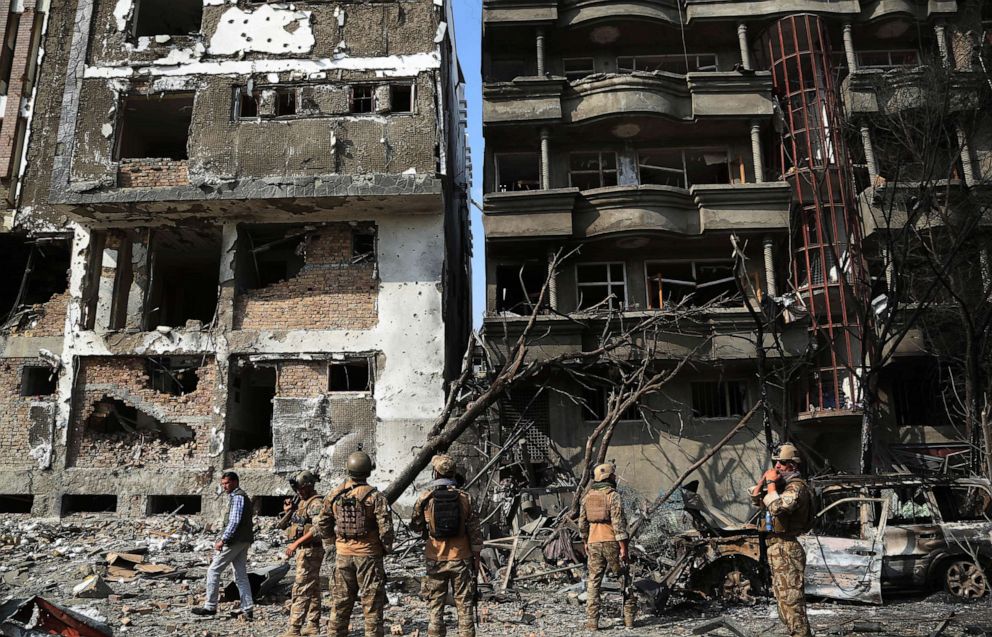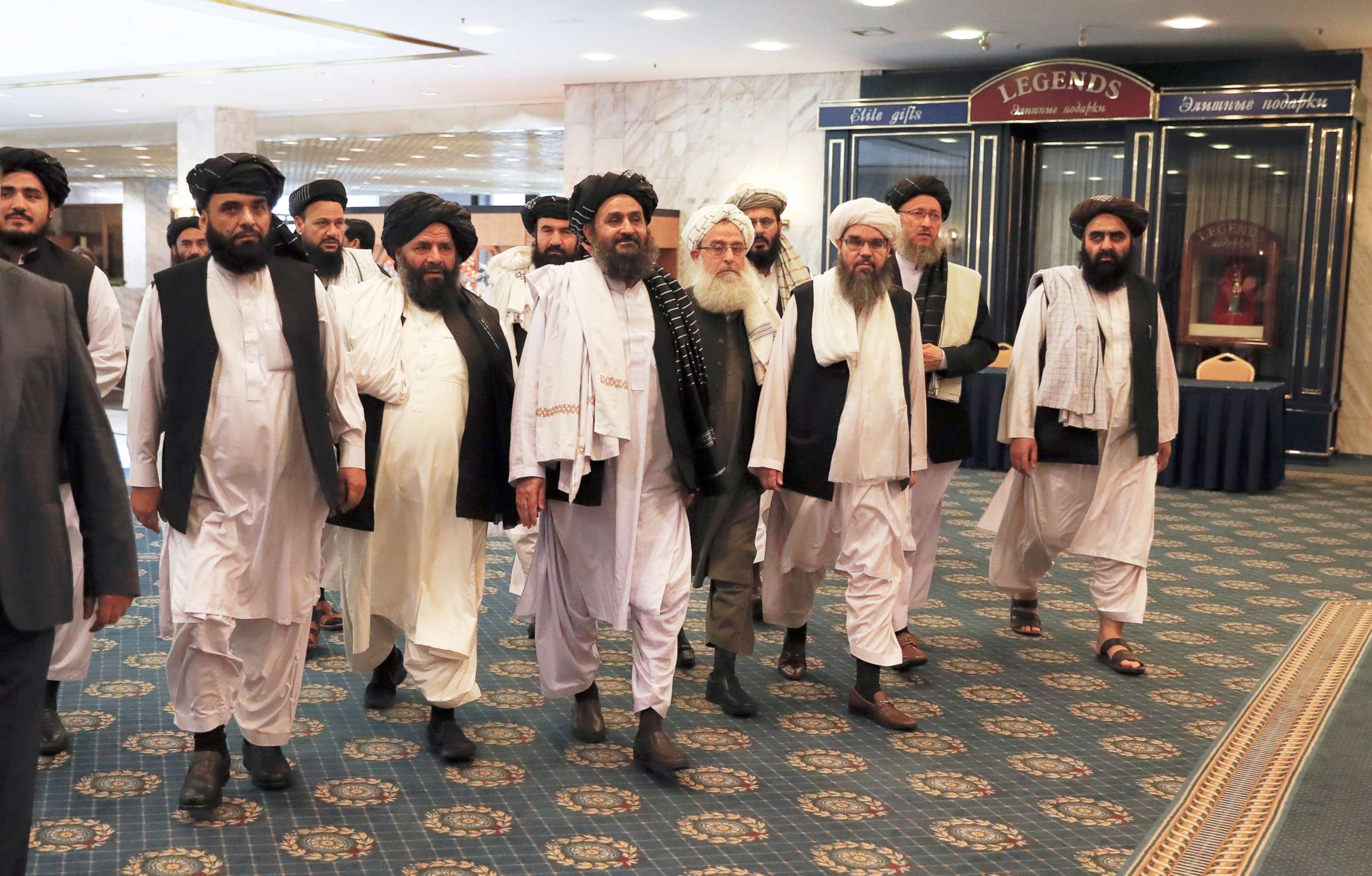US, Taliban set to finalize 'agreement' ahead of intra-Afghan peace talks
Afghanistan has also finalized its team for talks with the Taliban.
The chief U.S. negotiator for Taliban talks said he is heading to Doha, Qatar, for his eighth round of negotiations with the militant group, and it could be the final one before a deal is reached.
"If the Taliban do their part, we will do ours, and conclude the agreement we have been working on," tweeted U.S. Special Representative for Afghanistan Zalmay Khalilzad from Kabul, Afghanistan.
Finalizing a deal could mean the beginning of the end for the United States' nearly 18-year old military involvement in the country, even as it continues to face violence from the Taliban and high civilian casualties from U.S. and Afghan forces.

Secretary of State Mike Pompeo said Tuesday that he expected "significant progress" in the "next handful of weeks," but that the U.S. is committed to a "conditions-based withdrawal from Afghanistan as quickly as we can execute it."
Those comments to reporters traveling with him to Asia came one day after he said Trump had directed him to begin drawing down U.S. troops before the 2020 presidential election: "That's my directive from the President of the United States... So yes, it's not only my expectation, it would be job-enhancing," he said Monday in Washington.
It seems that in addition to nearing a deal with the Taliban, Khalilzad also previewed a second agreement to be signed between the U.S. and Afghan governments. Calling his week-long stop in Kabul his "most productive" yet, he tweeted that the two countries "have agreed on next steps."
A big part of his visit to Kabul was helping the Afghans finalize a negotiating team that they hope will meet the Taliban in the coming weeks and provide any insights based on his extensive time meeting its leadership in Qatar.
The negotiating team won't be an official government delegation because the Taliban doesn't recognize and refuses to meet the government, but it will include government officials, civil society leaders, and important ethnic and provincial figures.

The 15-member delegation will represent the country and take into "account the values and achievements of the Afghan people," the Afghan government said in a statement Wednesday, adding it "is fully committed to ensuring a lasting, just and honorable peace and has demonstrated this commitment in practice over the past five years."
The U.S. side has said that this kind of intra-Afghan peace negotiation is one of four key pillars it is seeking in its own talks with the Taliban, and it must be included for the others, such as a U.S. troop withdrawal, to take place.
But the timing of Afghan peace talks and the level of U.S. commitment to seeing them through is uncertain. Pompeo has said repeatedly it is up to the Afghan people "to decide the future of their own country," as he put it in Kabul in June.
On Sunday, a senior Afghan official said the government and Taliban would meet in two weeks time, a historic announcement that was immediately rejected by the Taliban. Khalilzad seemed to side with the Taliban, saying talks between the militant group and "an inclusive and effective national negotiating team consisting of senior government officials, key political party representatives, civil society and women" would occur only after the Americans "conclude our own agreements" with them.
While critics say that process has undermined the Afghan government, eliminated U.S. leverage, and threatened the progress made on issues like democracy and women's rights, U.S. officials say they have other ways to try to protect those gains. In particular, the State Department is working on an economic package with the World Bank and other donors that is tied to a political settlement and is inclusive and supportive of female-owned businesses.




